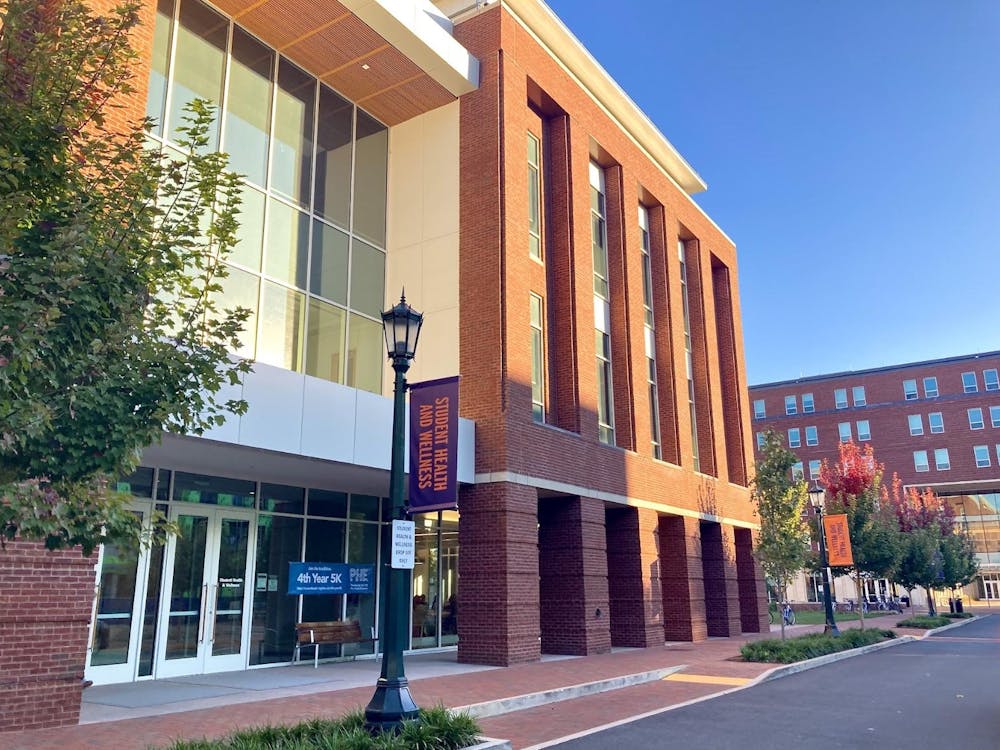YouTube. Megaupload. Wikipedia. Students use all of these sites instinctively, but the recently introduced Stop Online Piracy Act (SOPA) threatens to silence the same sites, which students look to for information.
Computer Science Prof. Mark Sherriff explained the problems the act would pose for Internet content creators in a speech, hosted by the Jefferson Literary and Debating Society Friday, called "The Battle for Your Entertainment - The Internet, SOPA, and Censorship."
Rep. Lamar Smith, R-Texas, introduced SOPA last October in an effort to regulate counterfeit goods and copyrighted intellectual property online. Among its provisions, the act would prevent search engines from linking to websites which feature copyrighted content and would require Internet service providers to block access to offending sites. The act would also illegalize streaming of copyright material. Any individual breaking this law would face a maximum penalty of five years in prison.
SOPA is neither "red" nor "blue," receiving attention from both Fox News and MSNBC, Sherriff said.
"This is not a political issue," he said. "This is a citizen of the world issue. There is a new generation of content creators who want to take ideas and create new works and share them. They are you and me - we are the content creators, and we are in this battle."
SOPA supporters say the new law would protect intellectual property and its industry, jobs and revenue, especially since current laws fail to adequately regulate websites which are foreign-owned and operated.
SOPA may not stop Internet users from finding copyrighted material, Sherriff said, but SOPA would allow rogue sites to take advantage of inexperienced users, stealing their personal information by directing them to malicious proxy sites.
"If people still want to try to go to those sites, however, users may resort to finding rogue DNS sites that will do a proper look-up," Sherriff said in an email after the event. "... The rogue sites could pretend to send the user to the site they are looking for, and instead send them to a place where they [the sites] could gather personal information."
Safety isn't Sherriff's only concern with this contentious legislation.
"As a content creator, we want to have the rights of free speech guaranteed by the First Amendment," first-year College student Lydia Lichlyter said. "This act disincentives free speech."
Moreover, copyright laws which span borders could force Congress to follow international treaties. Critics predict the globalization of copyright laws could lead to countries competing to censor Internet content faster and more effectively than one another.
On Jan. 18, the same day Wikipedia and more than 100,000 other websites blacked out to protest SOPA, companies including Google and AOL placed advertisements in newspapers such as The New York Times to raise awareness about SOPA. But the most extreme response to the legislation has come from "hacktivists." One of these "hacktivist" groups called "Anonymous" claimed responsibility for the Jan. 19 attacks on pro-SOPA organizations, which slowed or shut down groups such as the Recording Industry Association of America and CBS.com.





